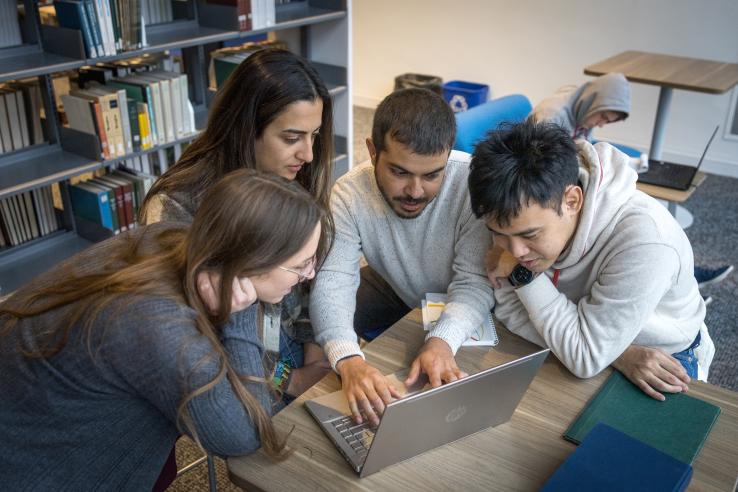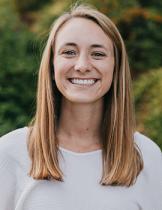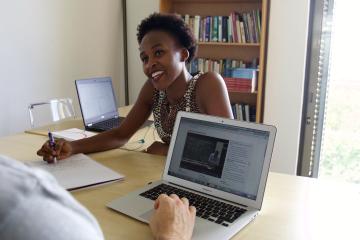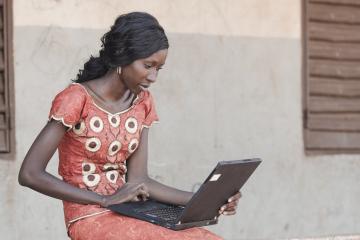
Empowering change-makers: The DEDP MicroMasters program expands to include a new Public Policy Track and course

Earlier this year, the Data, Economics, and Development Policy MicroMasters program celebrated its five-year anniversary, and we reflected on our achievements throughout this journey. Today, as we look forward, we are delighted to announce another milestone for the program: the launch of a new Public Policy Track to complement our existing curriculum, which has so far primarily focused on international development. Accompanying this new Public Policy Track is a change in the name of the program to Data, Economics, and Design of Policy. This revised program name maintains the acronym DEDP while capturing the expanded range of subjects covered in the curriculum. Additionally, we will be introducing a new course, Microeconomic Theory and Public Policy, to the program’s offerings.
Despite these exciting changes, the mission of the DEDP program remains steadfast on empowering a community of diverse, exceptional individuals with the technical skills to tackle poverty alleviation using evidence-based approaches. The expansion will allow us to strengthen this mission by broadening the scope of the program, thus allowing learners to specialize in their respective interests.
Our existing curriculum delves into the fundamental questions that are central to understanding the challenges faced by countries grappling with widespread and persistent poverty. This emphasis is evident in our elective courses offered under the International Development Track, which include the Challenges of Global Poverty, Foundations of Development Policy, and Political Economy and Economic Development. Employing real-life, empirical examples from the context of low- and middle-income countries, these courses investigate the key questions posed by scholars studying poverty: What determines the decisions of low-income households in developing countries? Is microfinance invaluable or overrated? Does economic development drive political institutions, do political institutions affect economic development, or is there a third factor affecting both?
However, it is important to recognize that poverty manifests differently across regions and contexts. In high-income countries, pressing policy concerns possess distinct characteristics. Thus, the new track will concentrate on public policies relevant to areas like international trade, climate change, and minimum wage, primarily drawing examples from the US and other high-income countries. As such, the Public Policy Track builds on the core courses through two electives: Good Economics for Hard Times, taught by Esther Duflo and Abhijit Banerjee, and Microeconomic Theory and Public Policy, taught by David Autor. Specifically, the new course will utilize empirical examples to evaluate theory, focusing on the causal effects of policy interventions on economic outcomes, and explore a range of local topics as well as those that transcend geographic boundaries.
What do these changes mean for our learners in practice? Learners in both tracks will be required to complete the three existing core courses: Microeconomics, Data Analysis for Social Scientists, and Designing and Running Randomized Evaluations. Learners pursuing the International Development Track (the existing track) credential will be required to take two of three electives. Learners pursuing the Public Policy Track credential will be required to take the two electives (Good Economics for Hard Times and Microeconomic Theory and Public Policy). Learners who meet the requirements of both tracks will earn two separate credentials.
Credentials holders will be eligible to apply to a DEDP Master’s program at MIT or pursue an accelerated degree at one of our pathway universities around the world. Learners in the Public Policy Track will have the opportunity to apply to the Master’s program starting in fall 2024. Admitted applicants will be notified in spring 2025 and will matriculate in spring 2026.
The journey of the DEDP MicroMasters program has been marked by growth, reflection, and celebration. As we push forward with these exciting developments, we simultaneously widen our scope on poverty alleviation as well as sharpen our focus on the nuances of evidence-based policy making in varied contexts. In doing so, we hope to continue to welcome a wider, more diverse audience of learners who can contribute their perspectives and who are collectively better poised to implement meaningful change.




